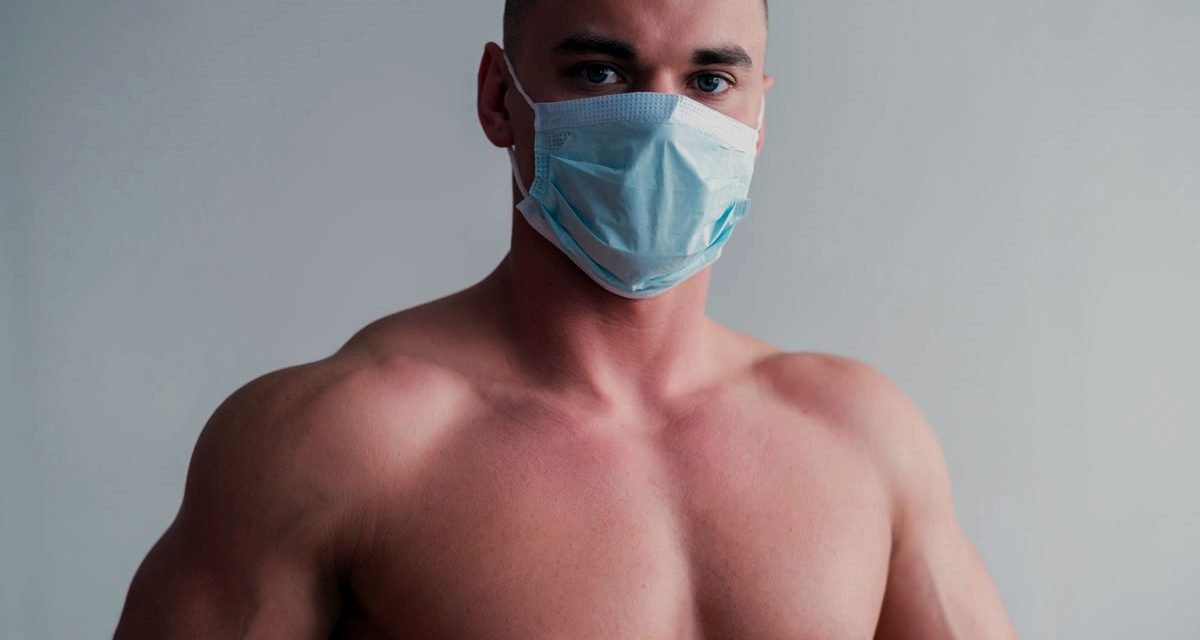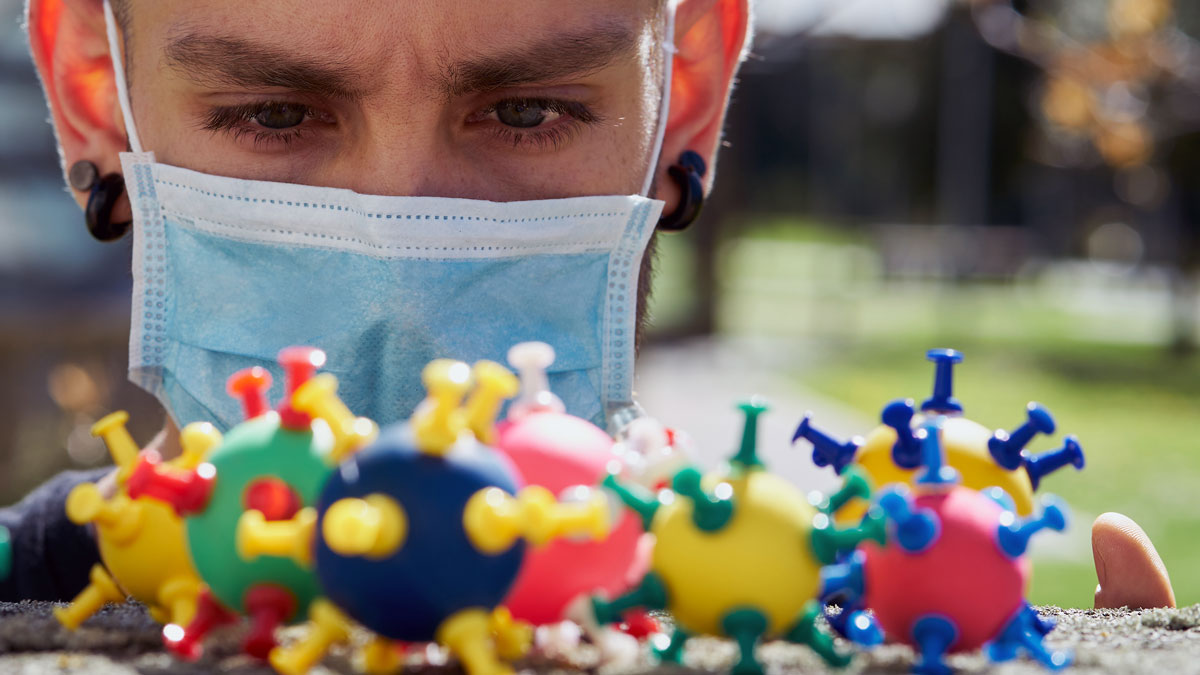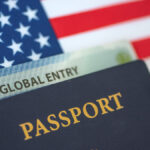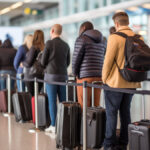
COVID-19: Europe to drop air travel/airport mask mandate from next week

From Monday 16 May, EU countries will no longer mandate the wearing of masks on flights and in airports across its European member states according to the EU Aviation Safety Agency (EASA). However, some airlines may have different rules, so check before travelling.
Reduce transmission
Although the wearing of masks will no longer be compulsory, authorities have reminded us that physical distancing, good hand hygiene and mask wearing are the best methods of reducing the transmission of COVID-19.
Although airlines argue that transmission is low risk on planes due to their air filtration systems, the same cannot be said for airports. I remember way back when we were heading to China around SARS or a bird flu outbreak, my General Practitioner said that airports were one of the riskiest places to catch an airborne disease as you have hundreds or thousands of people coming from all around the world intermingling in one place.

2PAXfly Takeout
This is another timely reminder to wear your seatbelt when seated. Holding you close to your seat will protect you from the sort of injuries sustained on this flight, when unsecured passengers flew to the ceiling of the aircraft, and then came crashing down once the ‘drop’ ceased.
The hope will be that this is an anomaly – a ‘freak accident’ in casual parlance. If it is a systemic error either mechanical or electronic, then this is a larger concern for the airlines that fly Boeing Dreamliner 787 aircraft. Let’s hope it isn’t. If it is, it will pile on the woes to Boeing’s existing stack.
With the beginning of the elimination of bans on unvaccinated passengers travelling internationally, the risks of transmission in airports and airlines have just increased. Not that I have any qualifications to provide medical advice, I will just say it will continue to be my practice to wear a mask in airports, even if not mandated. I’ll probably continue to wear a mask on flights too.
Although now quadruple vaxxed, I have a number of risk factors for COVID-19 and still wish to avoid catching that virus. It may be common, and more people are surviving, but it is still a serious illness, and far more than a ‘nasty cold’. Research is continuing to demonstrate that some suffer severe long term consequences of the infection, even when having a ‘mild’ case, let alone ‘long COVID’ so I want to minimise my risk of exposure.
I’ll be exercising my personal responsibility and wearing a mask.


































What did you say?